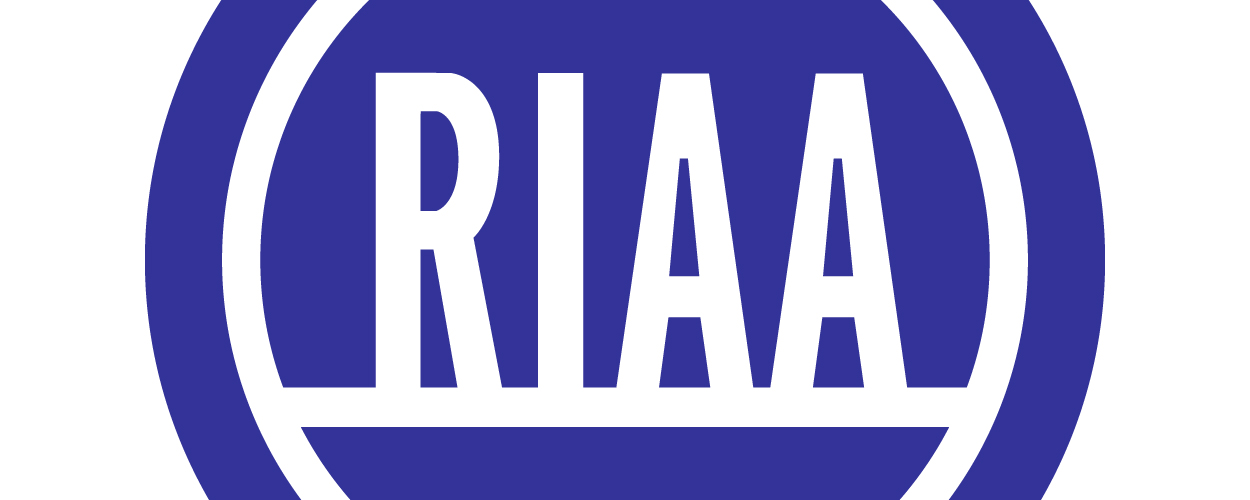This website uses cookies so that we can provide you with the best user experience possible. Cookie information is stored in your browser and performs functions such as recognising you when you return to our website and helping our team to understand which sections of the website you find most interesting and useful.
Business News Digital Legal
RIAA follows BMG’s lead, sues ISP for failing to stop repeat infringers
By Chris Cooke | Published on Tuesday 25 April 2017

The major labels are seemingly following the lead of BMG in taking on American internet service providers who don’t do enough to tackle piracy on their networks, as the Recording Industry Association Of America goes legal against Texas-based ISP Grande Communications.
As much previously reported, BMG successfully sued US net firm Cox Communications over its slack approach to dealing with repeat copyright infringers amongst its userbase. In the landmark litigation, which is still subject to appeal, Cox was shown to deliberately turn a blind eye to repeat infringers. As a result it lost the safe harbour protection in America’s Digital Millennium Copyright Act that says internet firms can’t be held liable if customers use their servers to distribute content without licence.
In the new case against Grande Communications, the RIAA writes that “defendants have been notified that their internet customers have engaged in more than one million infringements of copyrighted works over BitTorrent systems, including tens of thousands of blatant infringements by repeat infringers of plaintiffs’ copyrighted works”.
“Despite their knowledge of repeat infringements, defendants have permitted repeat infringers to use the Grande service to continue to infringe plaintiffs’ copyrights without consequence”, the legal claim continues. “Neither Grande or its management company Patriot has taken any meaningful action to discourage this continuing theft, let alone suspend or terminate subscribers who repeatedly commit copyright infringement through its network, as required by law”.
The RIAA adds: “Upon information and belief, this is so even where defendants have specific and actual knowledge of those subscribers’ blatant, repeat infringement. Defendants’ effective acquiescence in this wholesale violation of plaintiffs’ rights, coupled with their failure to adopt and reasonably implement a policy to stop repeat infringers, excludes defendants from the safe harbour protections of the Digital Millennium Copyright Act”.
To secure safe harbour protection internet firms must provide copyright owners with a takedown system via which infringing works can be removed and infringers targeted. It’s Grande’s alleged failure to do this that – the RIAA hopes – will convince the court to deprive the ISP of safe harbour protection, in the same way the courts did with Cox.





